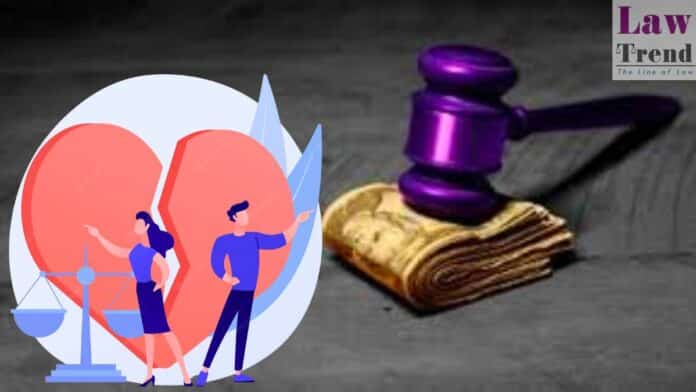The Calcutta High Court, in a significant ruling on spousal maintenance, has held that an Income Tax return cannot be treated as conclusive proof of a person’s income and that the quantum of maintenance should aim to preserve the lifestyle the wife was accustomed to during the marriage. Justice Bibhas Ranjan De modified a maintenance
To Read More Please Subscribe to VIP Membership for Unlimited Access to All the Articles, Download Available Copies of Judgments/Order, Acess to Central/State Bare Acts, Advertisement Free Content, Access to More than 4000 Legal Drafts( Readymade Editable Formats of Suits, Petitions, Writs, Legal Notices, Divorce Petitions, 138 Notices, Bail Applications etc.) in Hindi and English.




